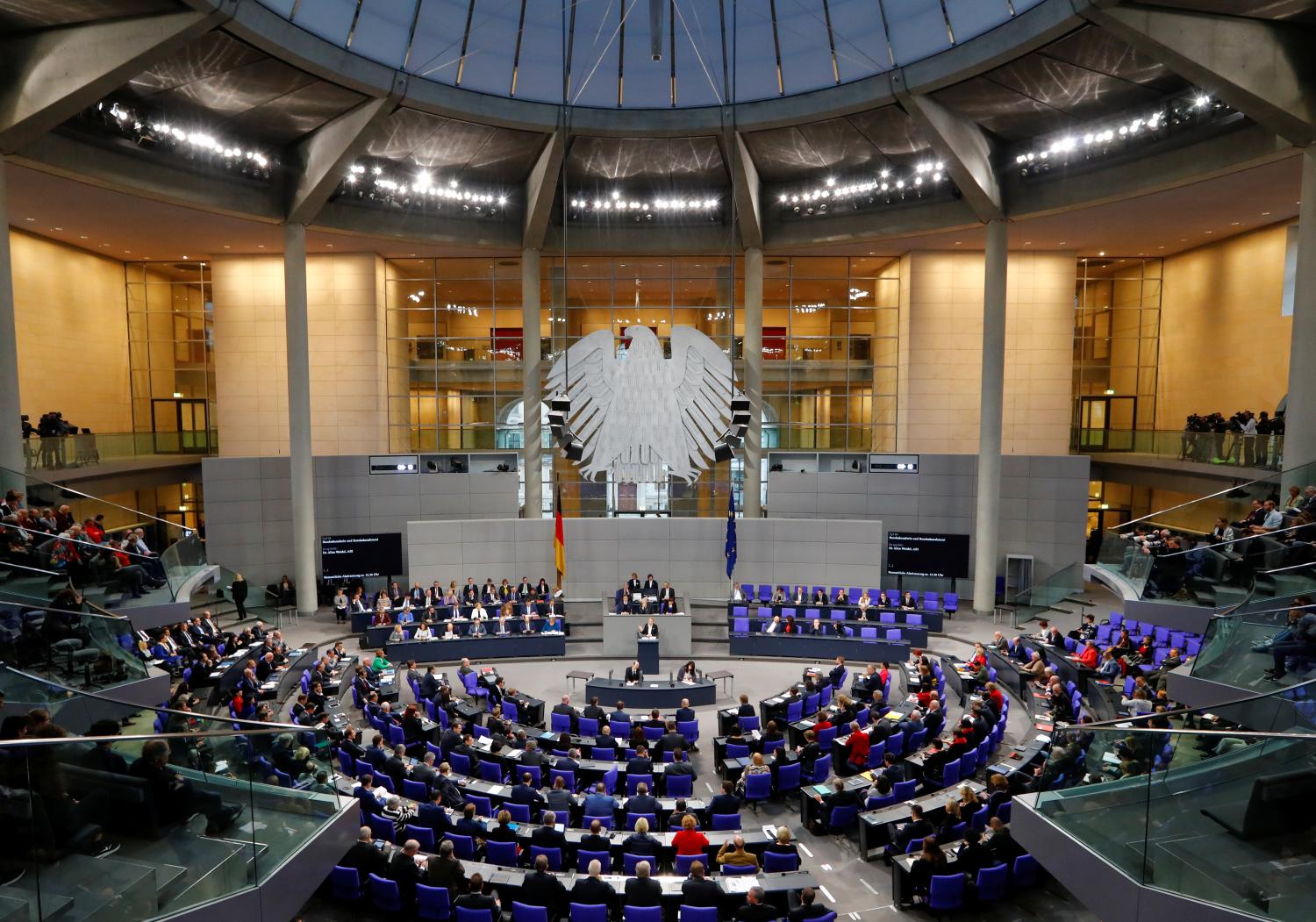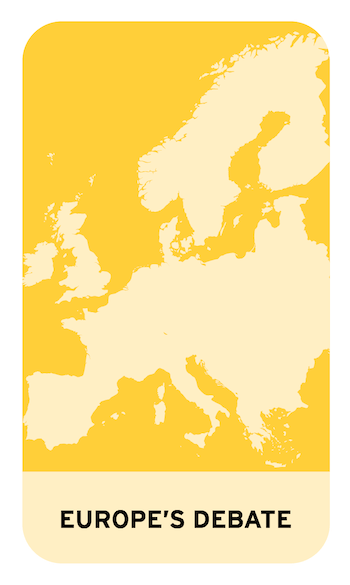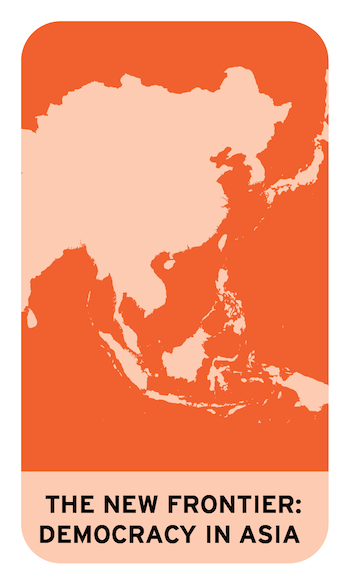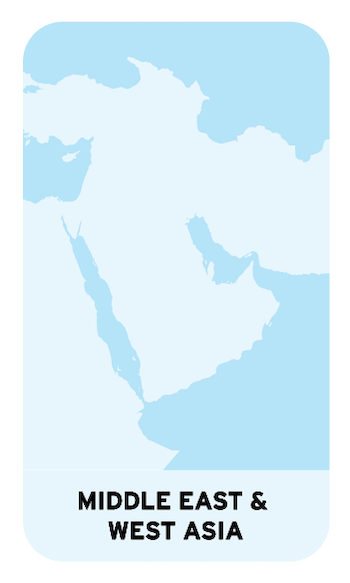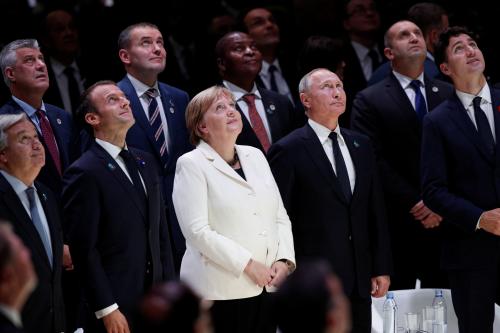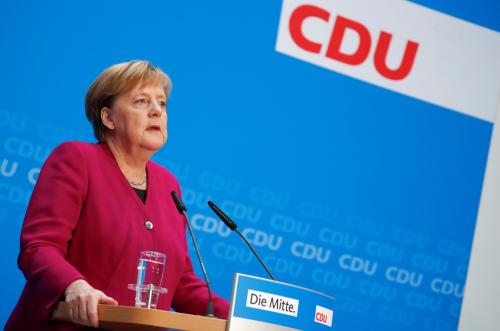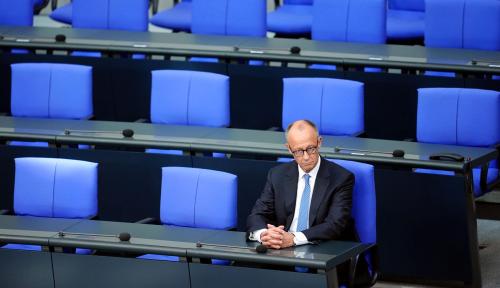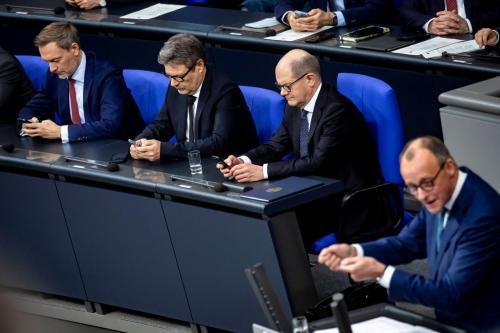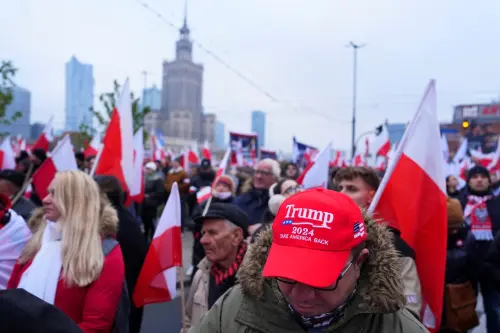 Executive summary
Executive summary
The fall of the Berlin Wall in 1989 turned reunified Germany into Europe’s hegemon. But with signs of a major global downturn on the horizon, Germany again finds itself at the fulcrum of great power competition and ideological struggle in Europe. And German democracy is being challenged as never before, by internal and external adversaries.
The greatest political challenge to liberal democracy within Germany today is the Alternative für Deutschland (Alternative for Germany, or AfD), the first far-right party in the country’s postwar history to be represented in all states and in the federal legislature. While it polls nationally at 12 percent, its disruptive impact has been real. European elections in spring 2019 and elections in three eastern German states in the fall will test the party’s reach, and the strength of Germany’s political middle.
All this will limit the bandwidth Germany has for shoring up liberal democracy in Europe and a rules-based international order. Russia and China are challenging Europe’s cohesion aggressively, as does the Trump administration’s “America First” policy. The impact of this on Germany is stark. No country in Europe is affected so dramatically by this new systemic competition. Far from being a “shaper nation,” Germany risks being shaped: by events, competitors, challengers, and adversaries.
Germany’s options are limited. It needs to preserve Europe’s vulnerable ecosystem in its own enlightened self-interest. It will have to compromise on some issues (defense expenditures, trade surpluses, energy policy). But it will also have to push back against Russian or Chinese interference, and make common cause with fellow liberal democracies. With regard to Trump’s America, Germany needs to resist where necessary—and cooperate where possible.
The German miracle of 1989 may be ending, and foreign policy will become a major stress factor in the coming years. That, too, will test the strength of its democracy.
The Brookings Institution is committed to quality, independence, and impact.
We are supported by a diverse array of funders. In line with our values and policies, each Brookings publication represents the sole views of its author(s).

